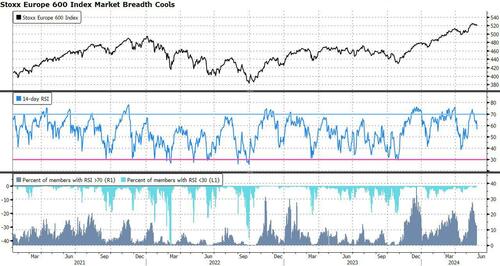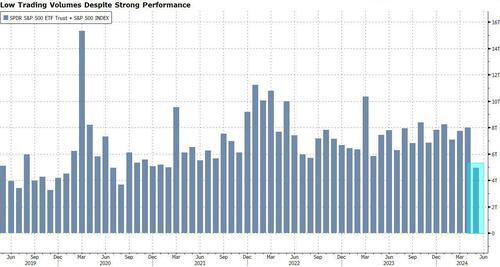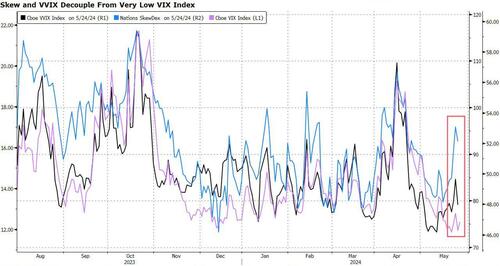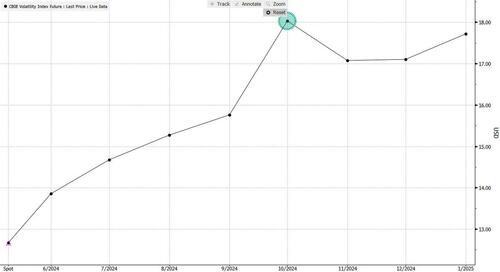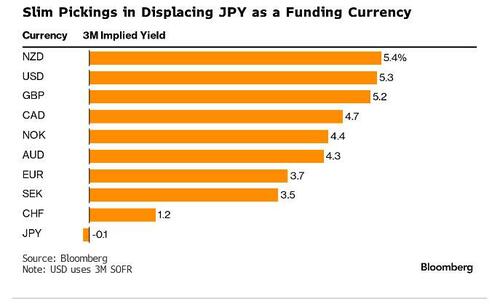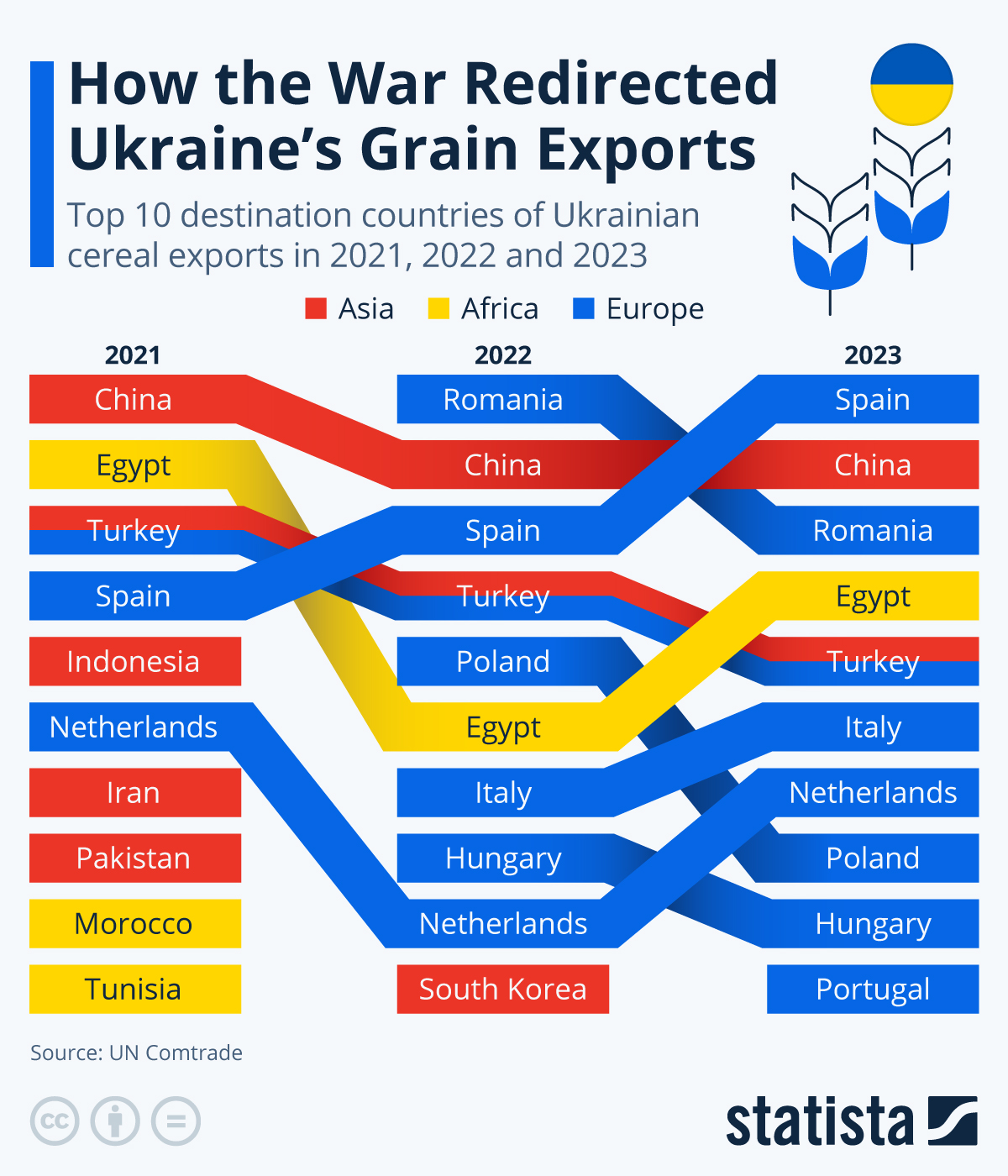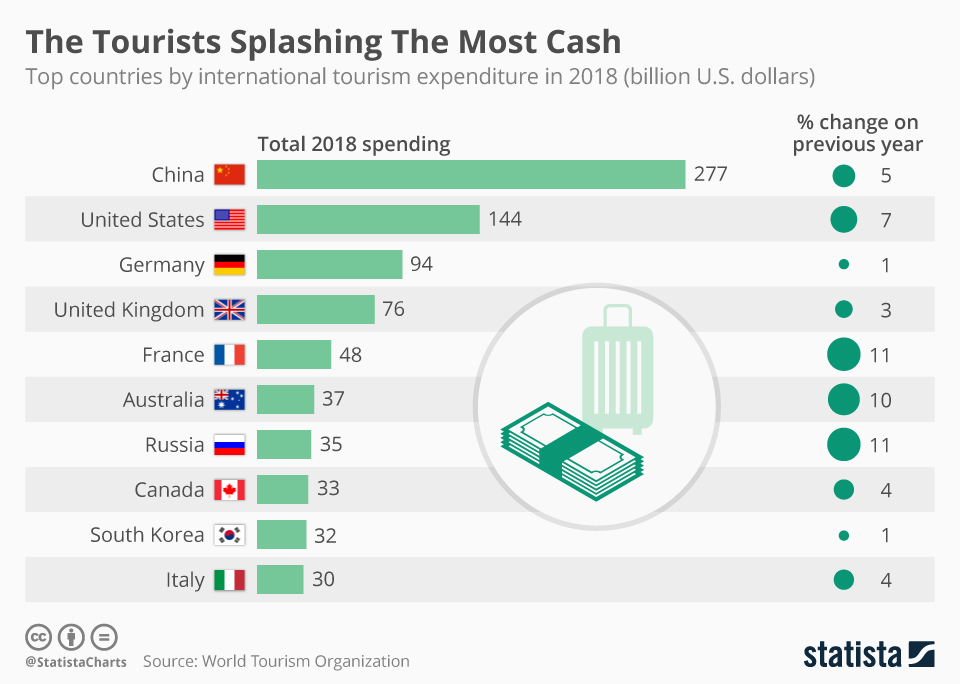Authored by Christopher Roach via American Greatness,
If we want our country to be safe and powerful, we should start on the firm foundations of respect for peace, human life, and other nations’ sovereignty.
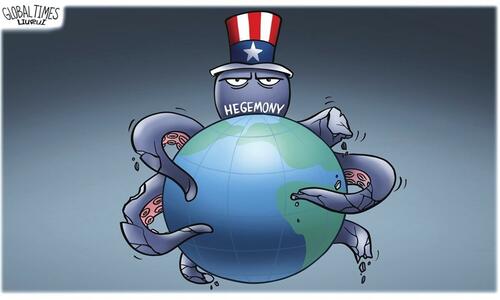
During Bush’s years as president, Democrats frequently criticized his foreign policy, complaining that he acted like a cowboy, pursuing wars unilaterally without the imprimatur of the “international community.” Internationalism was a particular obsession of 2004 Democratic presidential nominee John Kerry, who lambasted the Bush administration for snubbing the United Nations and upsetting France with its Iraq policy.
Obama was mostly a darling of foreign leaders, as he ceded American power and prestige in a bid to right what he considered the historic wrongs of colonialism and western chauvinism. This was evident in his obsession with completing the Iran deal, participating in the Kyoto accords, assisting NATO attacks on Libya and Syria, and in the general tone of public diplomacy during the Arab Spring.
That said, America made quite a few interventions in the Obama years, especially in the second term, and we largely called the shots.
A Fake “International Community”
For all the talk of the international community, it was mostly a fig leaf for American unilateralism no matter which party was in charge. This practice extended from the Clinton presidency through Obama’s. When the United Nations would not approve something, we went to NATO. And when NATO wouldn’t get involved, we acted unilaterally, as in the early attacks on Syria or the targeted killing policy employed against al Qaeda
This is another way of saying that the United States acted as the sole superpower since the end of the Cold War, and this prevailed regardless of the party in power. There were some arguments on the margins, but every administration embraced this prerogative to impose the American vision of a “rules-based international order.” Even Trump, who ran on an America First platform, supported American unilateralism in Syria and expanded the provision of lethal aid to Ukraine.
In practice, the UN, NATO, and other institutions were there either to supply resources and allow the appearance of multilateralism or they were safely ignored. The United States had little fear of the International Criminal Court or the myriad other international institutions because it funded most of them, and they were effectively powerless in the face of American opposition.
The recent weakening of the United States relative to the rest of the world means that reality will begin to match the rhetoric of international institutions and begin constraining every nation, including us.
Evidence of Declining Power and Influence
Three recent examples exemplify the rapid change of our standing in the world.
First, after two decades of effort cultivating good will and cooperation in the war against terror and building a $100 million airbase, the United States is being kicked out of Niger. This follows Niger’s earlier expulsion of American ally France.
Simultaneously, Russia is rapidly and efficiently becoming a major player in Africa. Niger, one may remember, was where the “yellowcake” scandal took place during the George W. Bush administration and also the site of the massacre of an American special forces unit in 2017.
Like so much of our foreign policy, little of our official activity in Niger was known to the public and much was apparently unknown even to key decisionmakers in the government. But whether good policy or bad, it is rare for countries to kick the U.S. to the curb. The last time something like this happened that comes to mind is from 1992, when we were sent packing from Subic Bay in the Philippines.
Niger’s unceremonial expulsion of American forces suggests little interest in maintaining close ties to the United States and reduced fear of consequences. Even if the United States is overextended and overly involved in much of the world, it would still be nice to have the option to be involved (or not) on our own terms.
The second example is the International Criminal Court’s recent issuance of arrest warrants for Israel’s hawkish prime minister, Benjamin Netanyahu, to answer for war crimes. Even at the height of public criticism of the Iraq War or the 2008 Gaza Campaign, no one would have dared to insult the United States and its proxies in this manner.
It is true that Israel has gone to war without much of a strategy, and its tactics have resulted in tens of thousands of civilian deaths. And, after moving most of the citizens of Gaza to the southern end of the small territory, it is now moving them into the opposite direction in order to attack the Rafah refugee camp, in spite of warnings from the ICC.
Of course, every war has disagreements about the right amount of force, and belligerents usually have a more generous standard for themselves than neutral third parties. Even so, these indictments are happening now after the United States engaged in substantial levels of destruction in Iraq, Afghanistan, Libya, Syria, and elsewhere over the preceding 20 years.
What this really means is that the United States cannot control the ostensibly neutral institutions of internationalism. When it was the sole superpower, these institutions were just accoutrements to American power, unable to stop us and, in some ways, blessing American activity through their own silence.
International tribunals would go after people like Slobodan Milsoovic and other gadflies of American power, while they would not dare go after an American leader or one of our allies. These practices understandably fueled allegations of hypocrisy. But, in the latest remarkable turn of events, the ICC feels sufficiently empowered to go after the prime minister of America’s “greatest ally.”
The final example of our country’s loosening grip on power comes from the nation of Georgia. Since its “Rose Revolution” in 2003 and the ill-fated 2008 attack on its separatist province of Ossetia, which led to Russian retaliation, Georgia has clamored for closer ties to NATO and the United States. After Georgia’s defeat, the United States accepted the Russian victory as a fait accompli. While remaining an American ally, Georgia’s prospects of NATO membership were essentially eliminated.
But the United States did respond with military aid, training cadres, and a proliferation of NGOs. The latter are supposedly exemplars of Georgian civil society, but they are largely funded by the United States and often serve to further our foreign policy goals. Fearful of the increasingly negative outcome of the Ukraine War, Georgia’s newly elected leadership is seeking a rapprochement with Russia, and one of their priorities (and Russia’s) is a law requiring NGOs with extensive foreign funding to disclose their affiliations. It sounds very similar to the Logan Act here at home.
The United States responded to this proposed law with extreme measures. In addition to public protests, it has instituted a travel ban on the elected leaders of the populist Georgian Dream Party, which proposed the NGO legislation. Additional sanctions are being proposed in Congress to coerce Georgia into rejecting the registration bill, which is expected to pass on Wednesday.
The preferred mechanisms of American foreign policy in much of the world have consisted of deniable influence operations, support for preferred political parties, and, through means known and unknown, the fomentation of violent political “color revolutions” to install friendly “democratic” regimes, such as those that took place in Ukraine, Georgia, and elsewhere.
Our hectoring of Georgia is really unseemly. Actual democracy means, at its core, majority rule. Georgia elected a government that reflected the will of its people. And its people are turning away from their recent foreign and domestic policies. They apparently do not want an army of foreign-funded NGOs to spread propaganda and influence their politics without some disclosure of their foreign funding sources.
This seems reasonable enough to me, but no country has gone this far in the former Soviet space except Russia itself in 2012. Notably, since the passage of this law, Russia has proven immune from the kinds of intrigue that took down Ukraine’s Yanukovich regime in 2014.
If We Adapt, Our Country Can Flourish in a Multipolar World
These three disparate developments—the forced expulsion of the American military from Niger, the ICC indictment of Netanyahu, and Georgia’s flouting of U.S. pressure—are all harbingers of a true multipolar world. While this means the sole superpower era for the United States is over, it’s not so clear this era did much to serve the interests of the American people or peace and justice more generally.
Did the Georgian defeat at Russia’s hands help the United States? How about the decapitation of the Libyan Regime leading to an explosion of terrorism, the death of an ambassador, and infinity African immigration into Europe?
A multipolar world is one where sovereignty and independence are paramount. This is a substantial departure from the current regime of a single superpower meddling in other nations’ internal affairs at will or the Cold War’s implicit mandate that nations be in the orbit of one side or the other.
In other words, power must now be shared. Realism and justice must be the watchwords. On the realism side of the ledger, American strategy must navigate a multipolar world by setting priorities, abandoning vanity projects, reducing the scope of its ambitions, and tailoring the force structure to achieve objectives commensurate with our existing military and industrial capability, along with the likelihood of sustained public support.
Justice, too, should always be at the heart of our policy. We should not be merely strong but also committed to using our strength morally and responsibly. This is not only principled; it is also practical because it avoids conflict. If we want our country to be safe and powerful, we should start on the firm foundations of respect for peace, human life, and other nations’ sovereignty. To do this, we will have to abandon our self-serving policy of applying unprincipled exceptions to the rules we apply to others.


